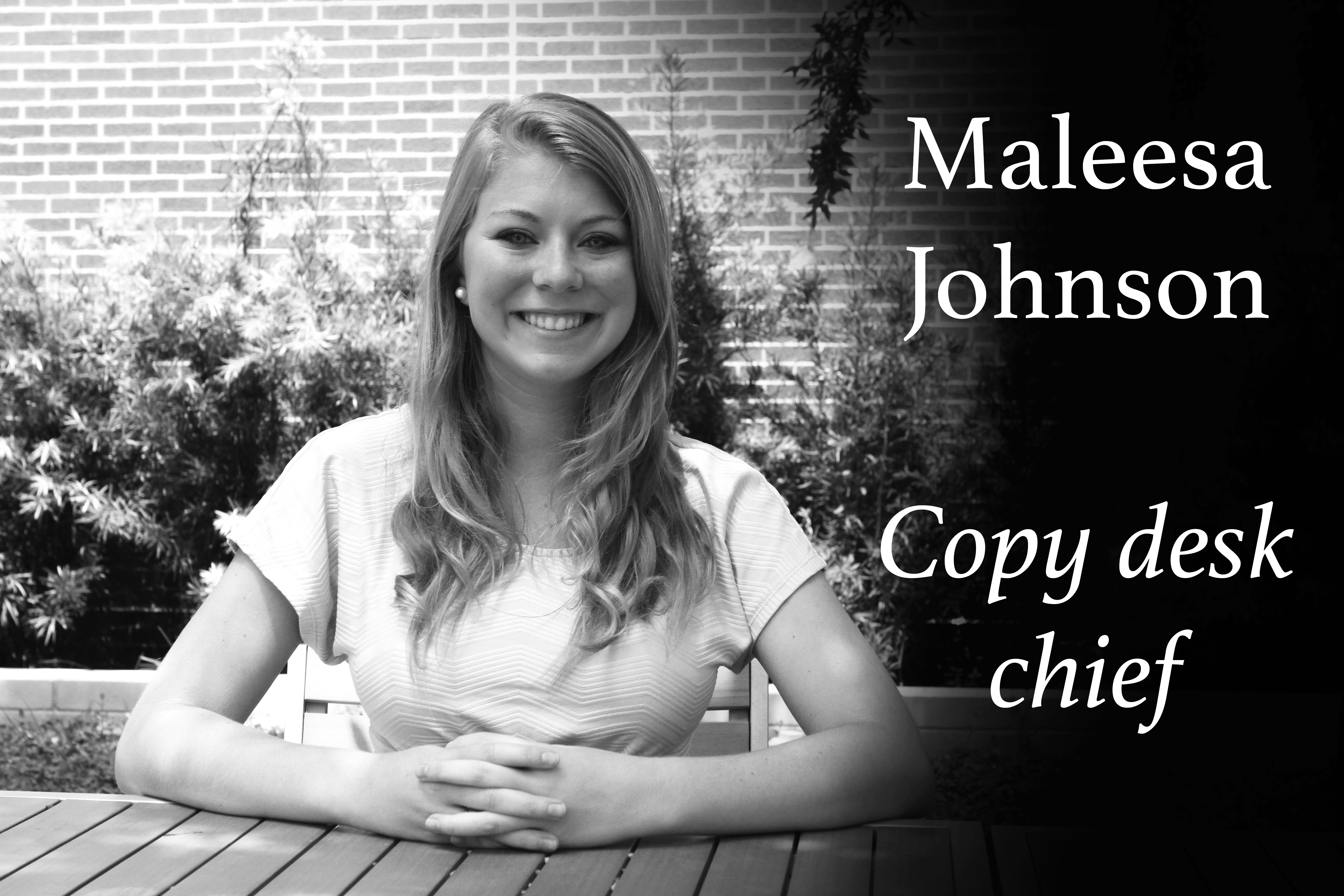It’s a classic job interview cop-out. When asked, “What’s your biggest weakness?” simply answer, “Oh, I’m too much of a perfectionist.” Why? Because the word perfectionist kindles positive thoughts of how hard-working and detail-oriented a person is.
There is a huge downside to perfectionism, however. While I cannot speak for all perfectionists, I can speak from my past and recovering present. Perfectionists are rarely team players. They get their (and sometimes others’) work done, make sure it’s as good as possible and submit it to be scrutinized. Even as the work goes through the scrutiny process, the perfectionists are already blaming themselves for any mistakes that slipped past.
None of this goes to say perfectionism is wrong. In fact, many times it is truly a desirable quality. However, there is a subset of perfectionists – the self-condemning perfectionists. This is where it gets unhealthy. This is where weight loss, weight gain and serious, stress-related health problems come into play. No matter how big the job, assignment, test or paper, it’s never worth someone’s health.
Prioritizing is usually a key part of this, but the self-condemning perfectionist typically has a hard time ranking any task below No. 1. Suddenly, they are doing everything with everything they have, getting worn-out, then sick, then feeling the need to catch up. It’s a vicious cycle, and unless you force yourself to stop, it will only get worse.
The self-condemning perfectionist continues on this way because they think if they share the work load whenever able, they will get dragged down. Group projects typically turn into solo projects with grateful, or sometimes frustrated, partners. The slackers are indebted to you and the hard-workers are mad for not being allowed a share. It’s a disaster, but a disaster with a good end product. The problem occurs when the perfectionists become overworked and start making mistakes and goes into a downward spin of only blaming themselves – even when others may be at fault.
There is a way out of the downward spiral. Realizing that everything wrong is not entirely your fault is extremely freeing. That does not mean pushing the blame on everyone else. It simply means not taking additional blame to heart, though it may seem heroic. When it is your fault, own up to it and take responsibility, but don’t take on more than what is accurate.
Additionally, allowing yourself to prioritize and not ranking everything with equal importance will reveal why you have been driving yourself into a tizzy.
Lastly, and possibly most importantly, when put in a team-work scenario, allow your teammates room to breathe and learn. Even though it may not be perfect, it’s a lot less stressful. If you feel it can be improved, let the teammates know rather than piling the work on yourself.
While I don’t like the idea of settling for less than perfection in my work, there are other ways to achieve that goal without making myself sick. Breathe, prioritize and if possible, be a team. It’s rarely ever one person’s fault.
Maleesa Johnson is a junior journalism major from Round Rock. She is the copy desk chief and a regular columnist for the Lariat.






